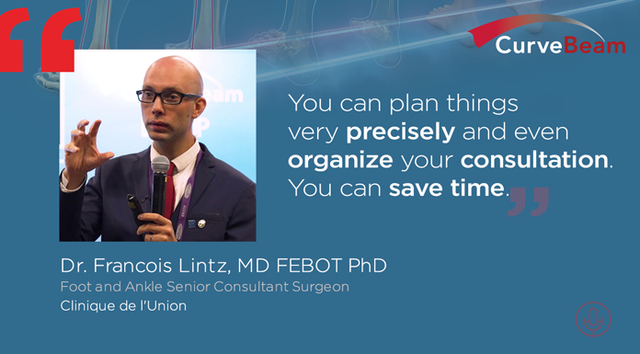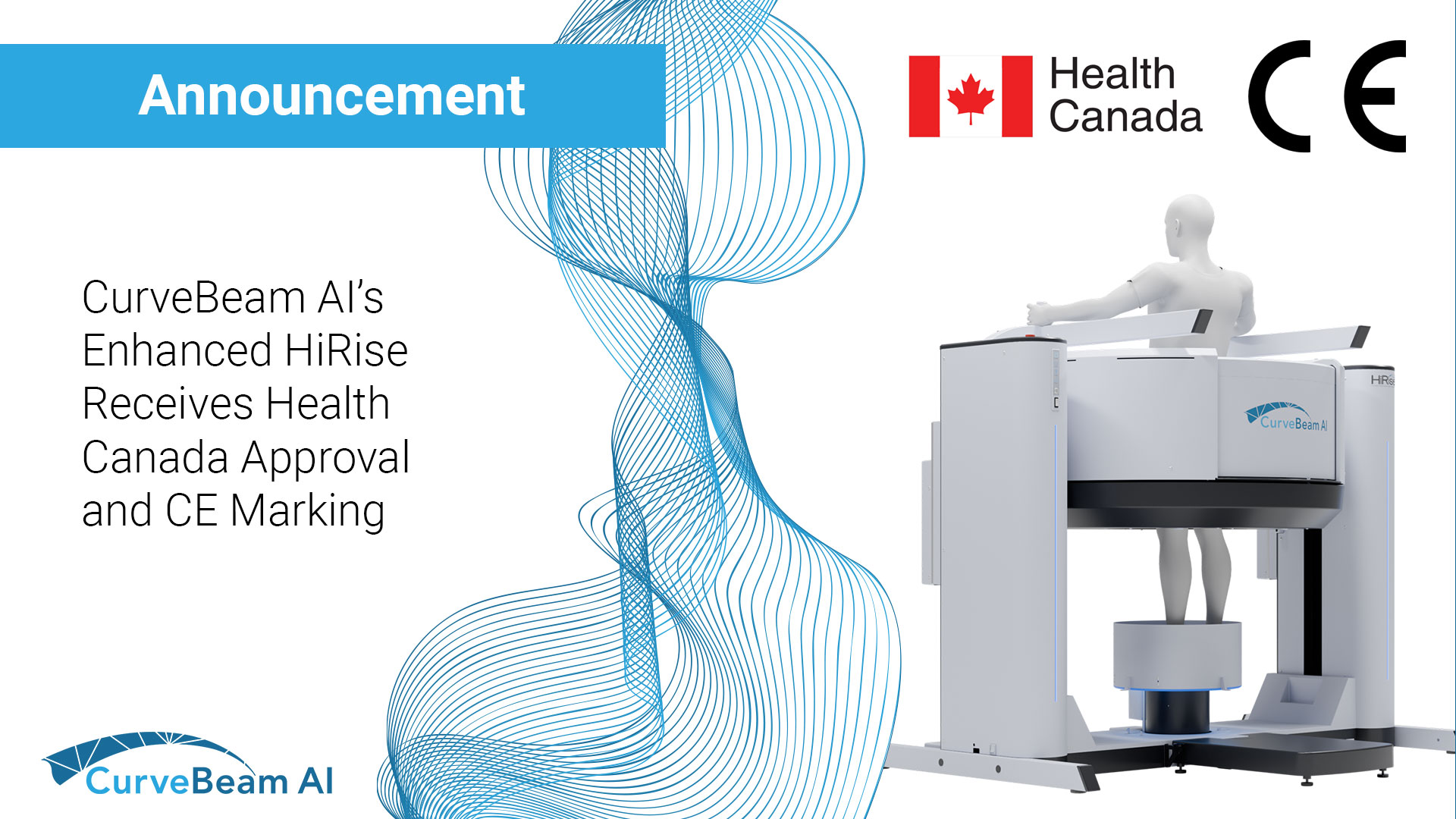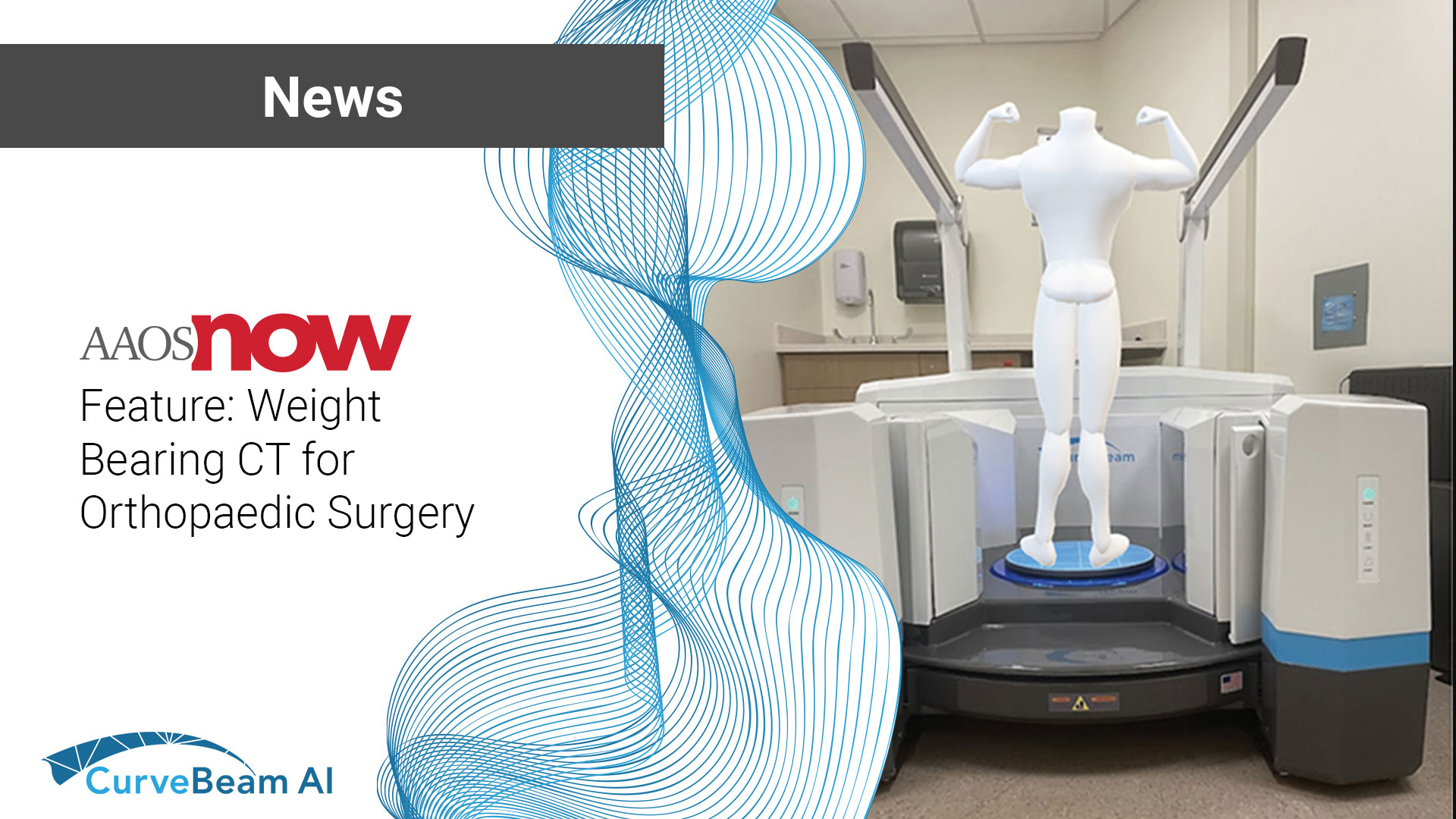Hatfield, PA — July 1, 2025 — CurveBeam AI, a global leader in weight bearing…

COVID-19: Redefining Telemedicine’s Role in Orthopedics
Dr. Francois Lintz, an orthopedic foot and ankle senior consultant at UCP Toulouse in France, discussed the impact of the COVID-19 pandemic on the French medical community and the world of orthopedics in a recent interview with Daniel Litwin on MarketScale Healthcare.
In France, the impact of the disease has been felt most regionally around Paris and Alsace, with measures including additional participation of doctors outside infectious disease specialties, the transfer of patients to other areas of the country, and more taking place.
Like many areas of healthcare, orthopedic treatment and surgery have taken a backseat to frontline efforts to fight back against the spread of the novel coronavirus.
However, orthopedic surgeons are able to reach out to patients via online consultations. Like most innovations, Dr. Lintz said, telemedicine been around for sometime, but a sudden event was needed to force adoption.
In his own practice, Dr. Lintz has observed certain consultations are just as effective online. He envisions he could continue these types of consultations online even after confinement has ended. These include patients who have questions post-surgery about common issues such as wound healing, cast removal and rehabilitation exercises. “People are basically scared they are going to miss something. So having this tool where they can actually see us, it really has a soothing effect and they can get the answers they wanted,” Dr. Lintz said.
They also include patients who were scheduled for initial appointment prior to the Corona COVID-19 outbreak. Prior to the pandemic, those patients would have planned to take up to an entire day to travel to his clinic for their appointment. “I’ve realized I don’t need to see you live the first time I meet you,” Dr. Lintz said.
Dr. Lintz has observed that initial consults primarily fall into three categories:
- Patients who should seek emergency care
- Patients who require surgery (typically determined in a few minutes)
- Patients who require additional evaluation and need to be seen in person
For the first two, “they don’t need to take a day off of work or find someone to care for the kids,” Dr. Lintz said. “They can say to their colleagues, give me 10 minutes. I will see my surgeon and I’ll be right back.”
For the second and third, required tests such as an ultrasound or cone beam CT can be scheduled prior to the in-person meeting. “You can plan things very precisely and even organize your consult,” Dr. Lintz said. “You can save time.”
“Every single one of these patients was happy to have converted his live consultation into a teleconsultation,” Dr. Lintz said.




